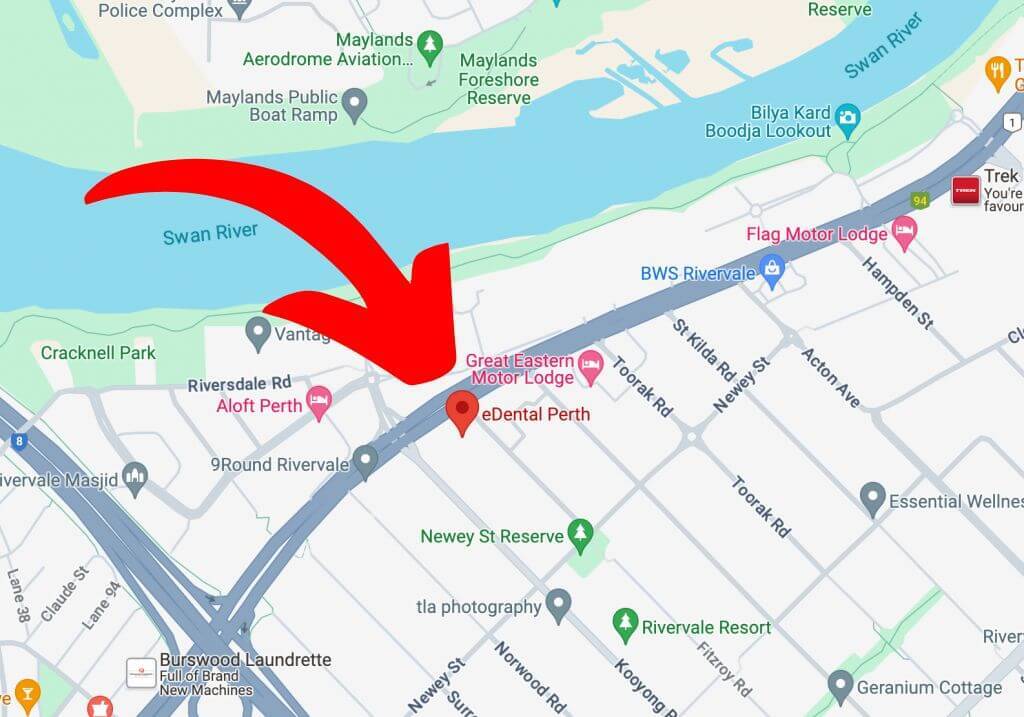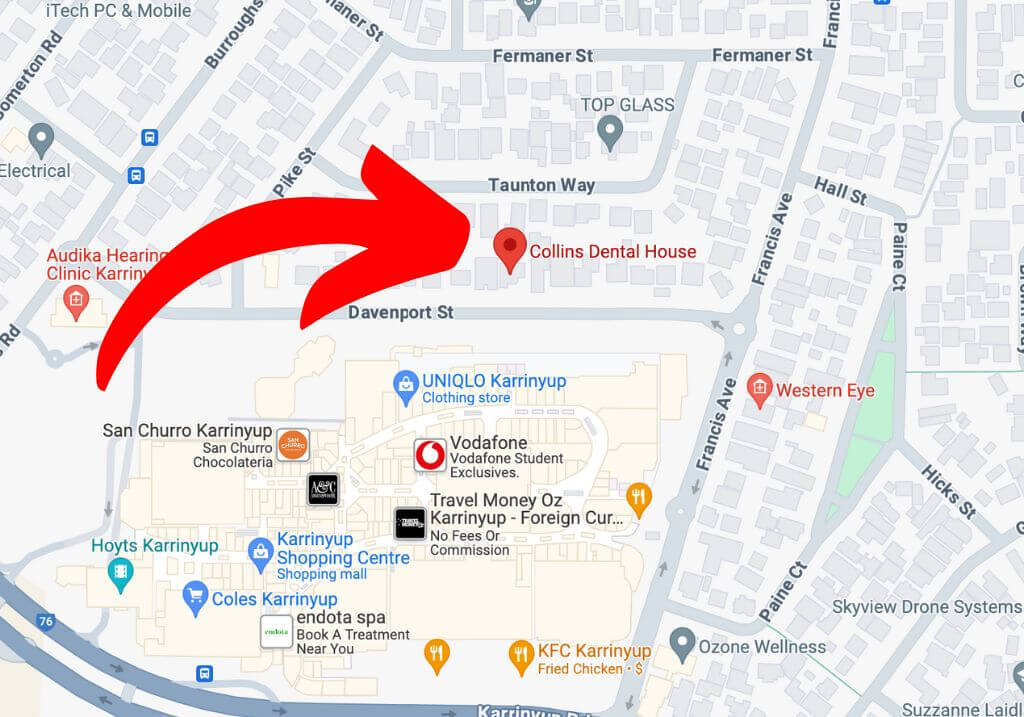At eDental, it is our mission to provide the highest standard of preventative dentistry to our Perth area patients. Preventative dentistry is not rocket science. It is based on fundamentals that we have taught to numerous people in the Perth area. The basics are regular dental checkups and good oral hygiene through brushing and flossing regularly.
These are great fundamentals, but they are not enough if you “bathe” your teeth in sugary drinks, lollies, cake and other sugary “treats” all day. There is no way around it: sugar is really bad for your oral health.

Since 1990, the World Health Organisation (WHO) has recommended that “free sugar” intake should be less than 10% of total calories on a daily basis. “Free sugars” are those added to food or beverages by the manufacturer, consumer or cook. Naturally occurring sugars such as those in fruit concentrates, fruit juices, honey and syrups also count as “free sugars.”
The Study
On 10 December 2013, researchers at Newcastle University in the UK performed a study on the effect of sugar on oral health. They agreed with the WHO recommendations of limiting sugar intake to 10% or less of total calories on a daily basis. They found that when daily caloric intake is less than 10%, subjects are much less likely to have tooth decay.
Their findings also indicated that those who limit their free sugar intake to half of the WHO recommendation, or 5%, have an even lower incidence of tooth decay and cavities. Better yet, the effects are lifelong.
Paula Moynihan is the Professor of Nutrition and Oral Health at Newcastle University. She concluded that since we now have the expectation that our teeth will serve us throughout our lives, we should limit sugars to the 5% threshold instead of the 10% threshold recommended by WHO.
According to Professor Moynihan, the previous recommendation of 10% sugar intake was based on a number that would create three or fewer decayed teeth for the average 12-year-old. The problem with that recommendation is that tooth decay is progressive. We tend to suffer more of it over time. A total of three cavities at the age of 12 projects to 15 or more decayed teeth at age 60.
Professor Moynihan agrees with numerous other observers that sugar has turned from occasional treat to dietary staple in most industrialised countries. What was once a treat for birthdays and holidays is now an everyday part of the diet.
Fluoride is now being added to the water supply of most industrialised countries. While it does help prevent tooth decay, it still doesn’t mean that someone can eat and drink sugar on a regular basis without causing tooth decay.
How the Study Worked?
The researchers re-examined 55 studies on oral health worldwide dating back to 1950. All of the studies chosen had explored the relationship between sugar and tooth decay. The studies were reviewed using a process called, “Grading of Recommendations Assessment Development and Evaluation (GRADE).” GRADE takes a number of factors into consideration, including consistency of results across all studies, the strength of association, size of effect and evidence of a dose-response.
Dr Karin Alexander, who is the president of the Australian Dental Association (ADA), agrees with the findings. She feels that the findings concur with ADA recommendations for oral health and that all age groups should be educated accordingly. Here are the basic recommendations by age group.
-
Toddlers, Babies and Infants
- Bottles, night feeders and cups should contain water only: no sugar products, milk or juices.
-
Children and Young Adults
- Avoid regular or excessive consumption of sugary snacks or drinks.
-
Elderly
- It is extremely important for the elderly not to increase their sugar consumption. Both their teeth and roots are more susceptible to decay than those of a younger person.
What You Can Do?
First: call eDental and have us put you on a program of good oral health. We can help you find small cavities before they become large, painful cavities. The other, obvious strategy: eat as little sugar as possible.
To learn more or to make an appointment, call us today: (08) 9361 1728.










